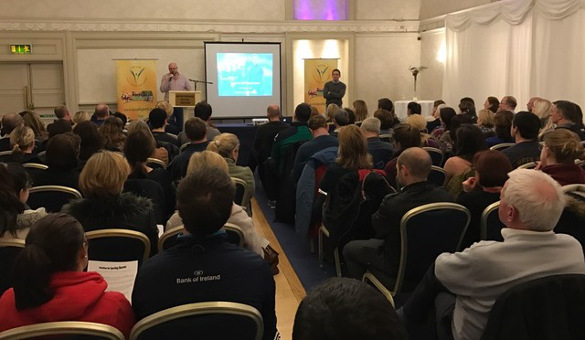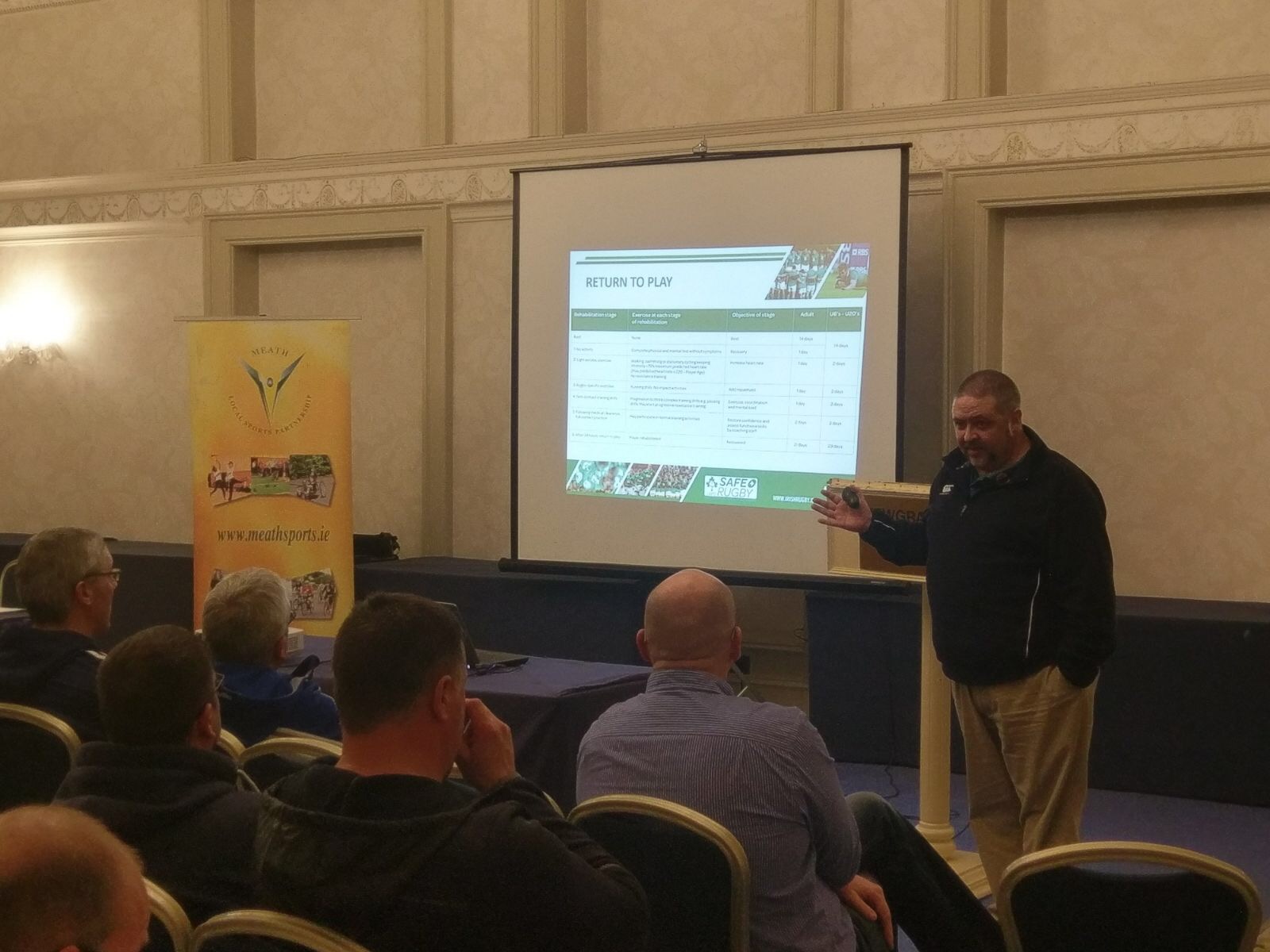Meath LSP collect your personal data when you register for our programmes, events, workshops, initiatives or when you sign up to receive our newsletter and marketing materials. For more information regarding the processing of your personal data please refer to our Privacy Policy.
This website uses cookies to improve your experience. You can find out more about our use of cookies in our Cookie Policy.


